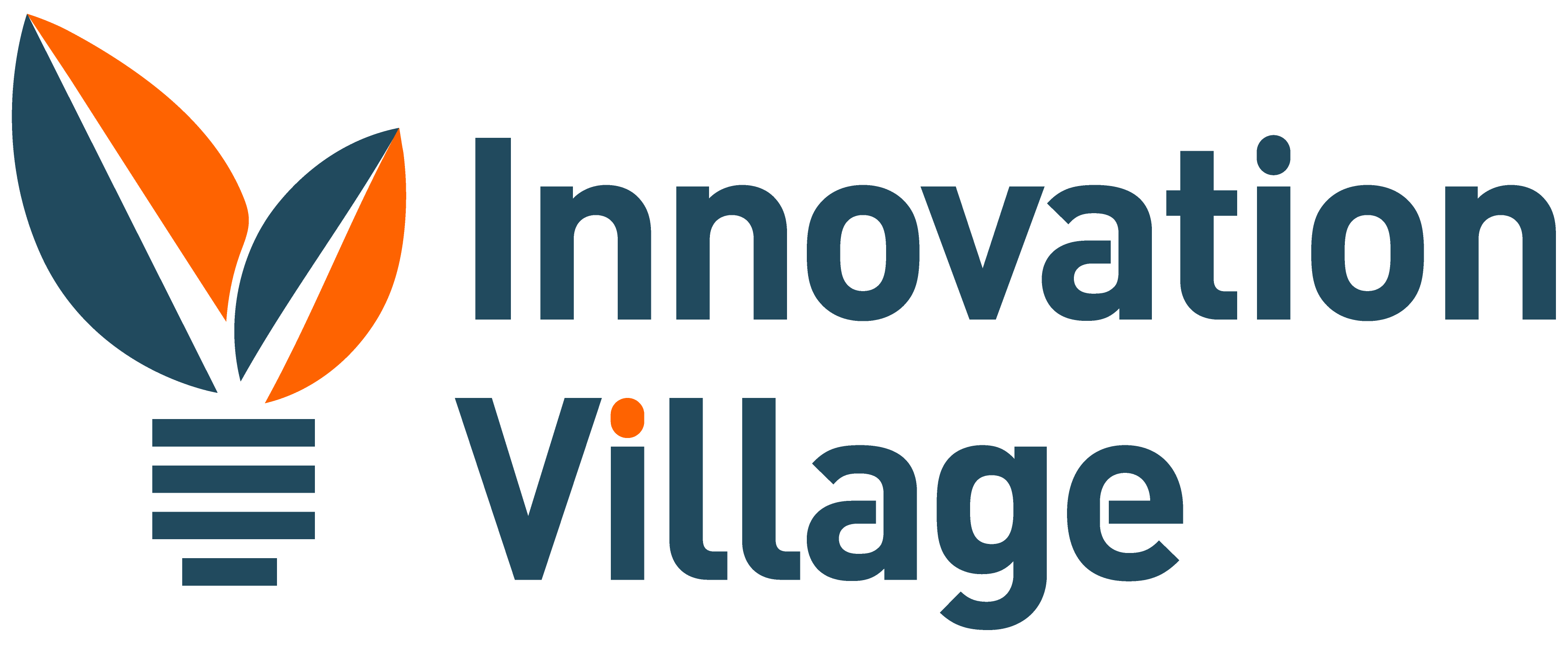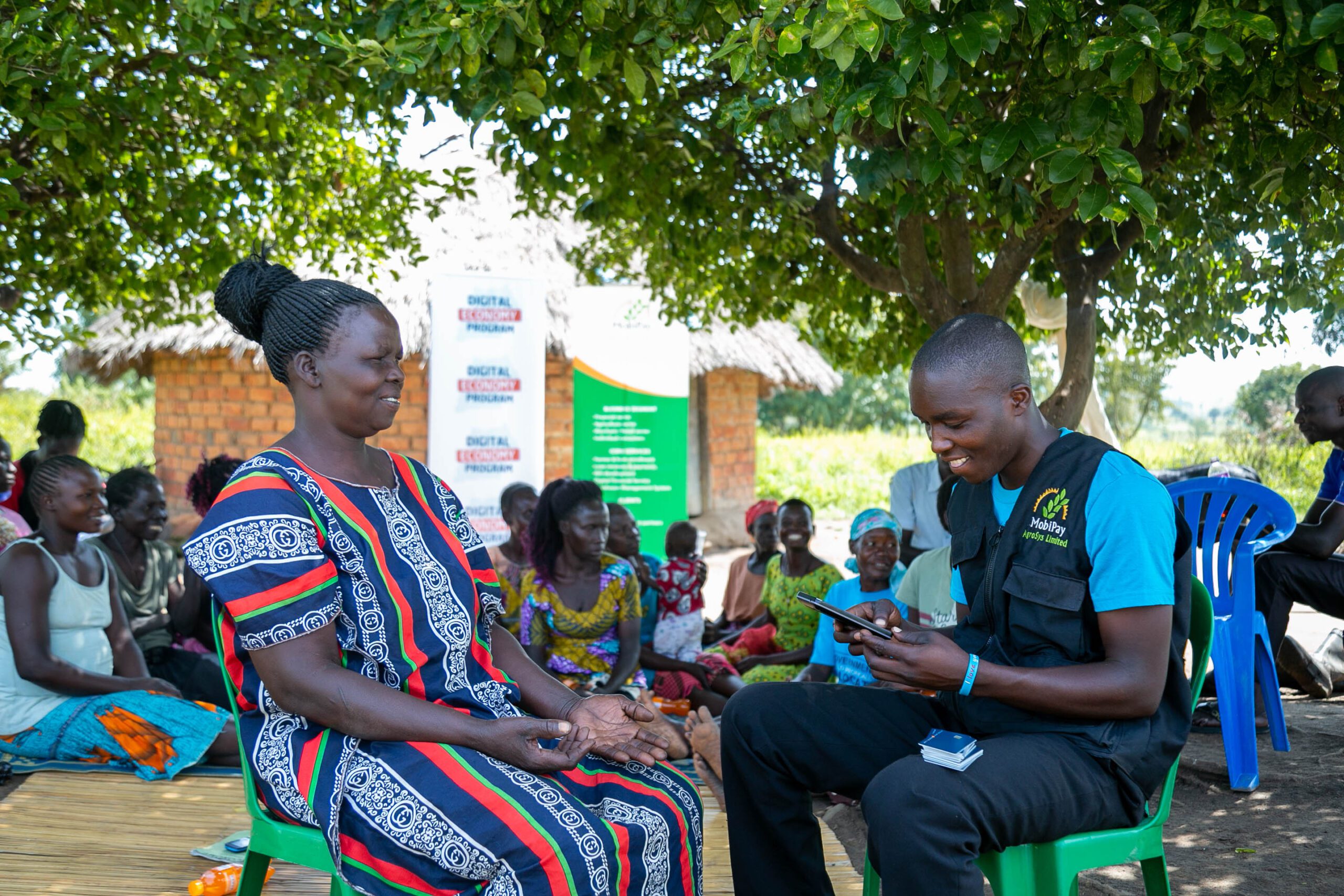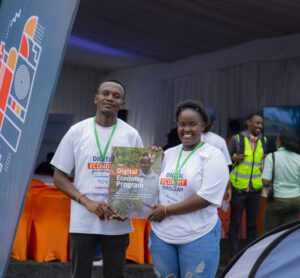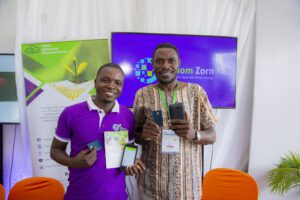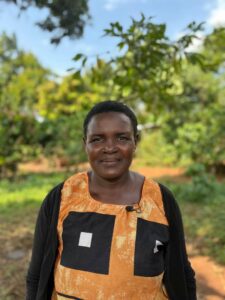In Africa, the adoption of digital solutions is reshaping the way communities interact and thrive. East Africa stands out as an ideal example of thriving innovation, leading the continent in embracing the potential of digital payments and card usage to drive societal transformation. Within this landscape, Kenya and Uganda emerge as prime examples of the profound impact digital initiatives can have on last-mile communities.
Despite the strides made, a significant problem persists not everyone is included in the digital revolution. Even with the widespread presence of mobile operators and Banking institutions, there remains a gap in access to digital services. While services like M-Pesa have revolutionized digitalization in Africa, the statistics reveal a sobering truth. With M-Pesa featuring over 40 million users in Kenya alone as of 2022, and MTN boasting over 14 million mobile money subscribers across its operations in Uganda, Airtel Money claiming over 13 million subscribers in East Africa, and various banks collectively serving millions more, there are still many left behind, unable to fully participate in the digital economy.
Among the reasons for this exclusion are barriers such as lack of infrastructure, limited financial literacy, and affordability issues. In rural areas, where communities often lack access to traditional banking services, the need for inclusive digital solutions is even more pressing. The problem is clear, while digitalization has made significant strides, there’s still a vast segment of the population that remains underserved and to truly understand the impact of cards on last-mile communities, one must venture into certain areas where the daily lives of individuals are being transformed by newfound access to services through the digital economy.
With all that stated, Uganda is among the countries where initiatives aimed at empowering last-mile communities are gaining momentum and among those concerted efforts is the Digital Economy Program, an initiative being implemented by the Innovation Village in partnership with the Mastercard Foundation. Since its inception in 2022, the Digital Economy Program has gained significant traction through strategic partnerships with Technology Solution Partners (TSPs) like Hamwe East Africa Limited, Service Cops, and MobiPay AgroSys Limited. These collaborations are pivotal in magnifying the program’s reach and ensuring effective delivery of solutions to underserved communities. Operating on pillars of shared infrastructure, partnerships, digital skilling, and building an agent network, with a target of extending solutions and services to 3.4 million individuals, including women, young people, and men, the program aims to bridge the gaps in digital inclusion through the use of cards where each individual credentialed will be issued a card by the different onboarded technology solution providers, which will be used to access multiple services including inputs, insurance, credits, and more.
How the program works
The Program strategically collaborates with Technology Solution Partners (TSPs) because of their expertise in serving last-mile users and providing tailored digital solutions in crucial sectors for example agriculture. Hamwe East Africa Limited excels in agriculture information services, utilizing SMS and technology solutions to enhance agricultural operations and connect farmers to the mobile economy, MobiPay AgroSys Limited offers an AgroBase Platform for comprehensive management, secure payments platforms, and an e-learning and skilling platform, empowering users with educational content and Service Cops specializes in regional expansion, breaking down operations into verticals like banking, finance, insurance, education, and payments across multiple countries, ensuring effective service delivery to last-mile communities. Each TSP brings a unique set of verticals and innovative solutions to address the diverse needs of underserved populations, aligning perfectly with the Digital Economy Program’s mission to foster financial inclusion and empowerment across East Africa.
In November 2023, the Digital Economy Program achieved a significant milestone by facilitating the handover of tailored cards and devices to graduated Technology Solution Partners (TSPs), enabling the successful biometric credentialing of so far over 15,000 end-users across the Northern and Eastern regions of Uganda. This biometric profiling and issuance of cards represents a significant step towards empowering farmers with collaborative efforts with TSPs who are currently managing a portfolio of over 299 agents. Through training Digital Agents on Point of Interaction (POI) devices and educating farmers about the benefits of these cards, the program aims to enhance access to digital services and drive impactful change in agricultural communities.
The credentialing ensures secure and reliable identification of individuals, laying a solid foundation for their integration into the digital ecosystem, with the goal of extending essential services to remote communities. Leveraging digital infrastructure such as Mastercard Incorporated’s Community Pass technology, the program is designed to address multifaceted challenges faced by last-mile individuals, offering seamless access to cardsand empowering participation in the digital economy, which will eventually unlock services previously inaccessible to them.
Benefits of card usage for last mile individuals
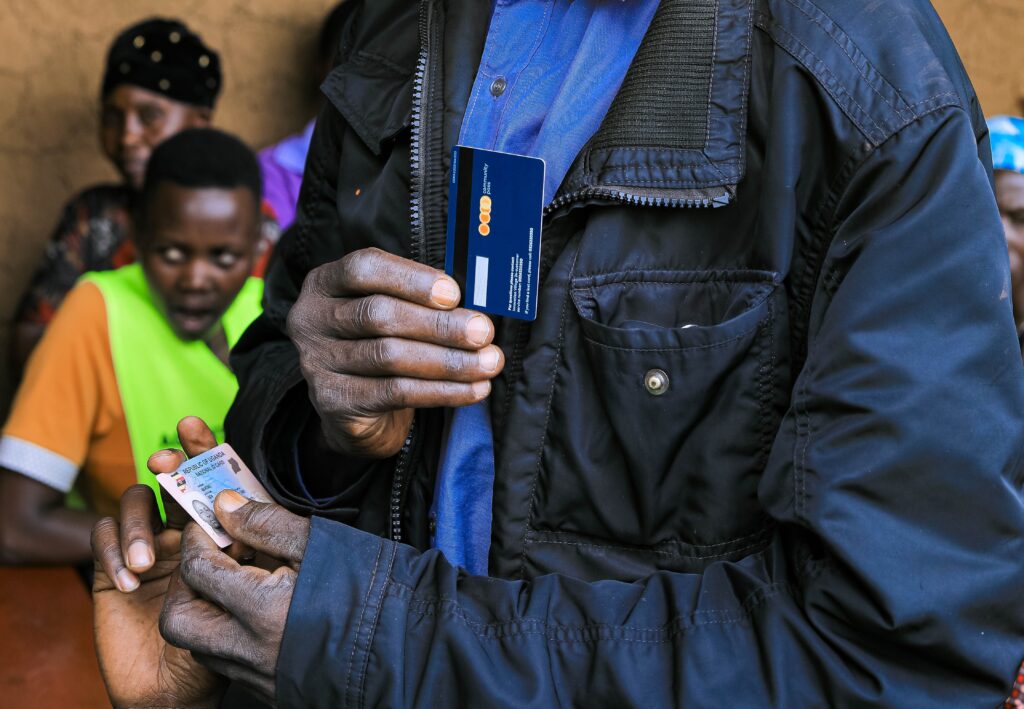
Cards have the potential to revolutionize last-mile communities in several ways. The Digital Economy Program offers last-mile communities a transformative pathway to financial inclusion and empowerment. Through the issuance of cards, individuals will gain remote access to essential banking and financial services, enabling them to securely save, transfer money, and access credit without reliance on traditional banking systems. This newfound financial inclusion not only enhances economic resilience but also fosters greater participation in the digital economy, empowering individuals to take control of their finances and improve their livelihoods.
The cards are intended to provide last-mile communities with streamlined access to a range of essential services, including healthcare, education, and agricultural support. By digitizing transactions and facilitating payments for produce and agricultural inputs, farmers and last mile communities can optimize processes, increase efficiency, and boost productivity. This holistic approach to service delivery not only addresses immediate needs but also lays the groundwork for long-term sustainable development, ensuring that last-mile communities are equipped to thrive in the digital age.
As the Digital Economy Program continues to expand its reach and impact, last-mile individuals stand to benefit from ongoing efforts to promote transparency, accountability, and continuous education. By recording transactions electronically and providing access to e-learning platforms, the program cultivates an environment of trust, learning, and growth within these communities. Through strategic collaborations with Technology Solution Partners and a commitment to digital literacy and financial education, the program creates a foundation for inclusive growth, unlocking opportunities and building brighter futures for individuals and communities beginning with Uganda.
What next?
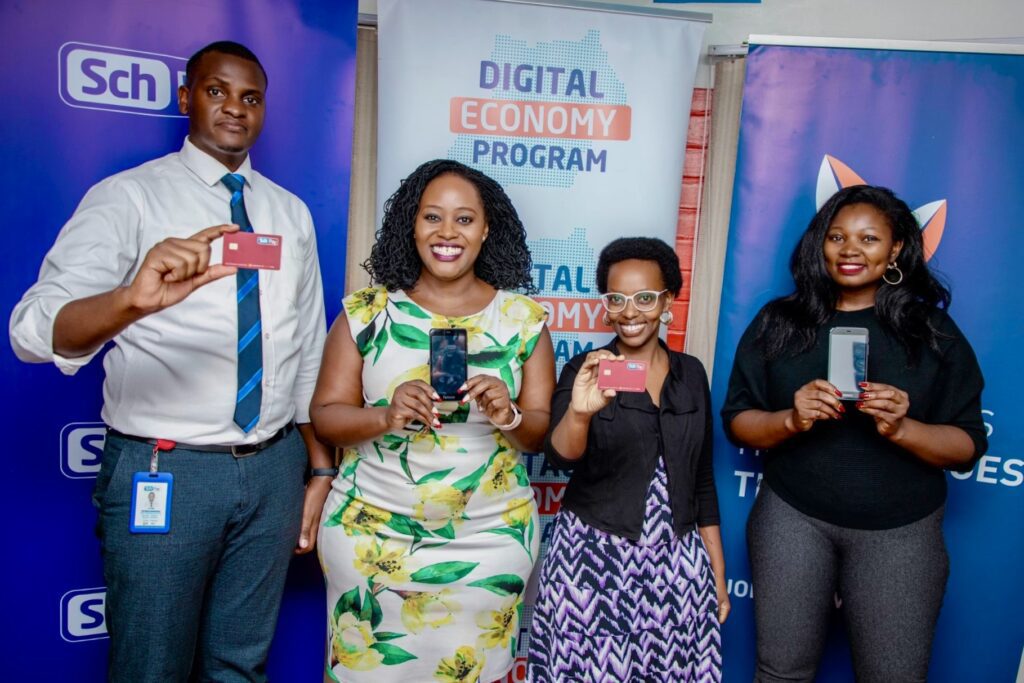
As we look towards the future, initiatives like the Digital Economy Program involve scaling up efforts to reach even more last-mile communities and expand the scope of services offered through cards. As the journey continues to roll out initiatives on digital inclusion, it is vital for last-mile communities to embrace the opportunities presented by digital cards. By leveraging these tools, individuals can not only improve their own livelihoods but also contribute to the overall development and prosperity of their communities. The integration of cards into last-mile communities represents more than just a technological advancement – it symbolizes a shift towards inclusivity, empowerment, and sustainable development.
With over 15,000 individuals already credentialed and equipped with digital credentials, through the Digital Economy program, there is solid foundation for further growth and impact. The shift can be on enhancing the accessibility and usability of digital cards, ensuring that they truly meet the diverse needs of underserved populations.
To achieve this, continued collaboration with Technology Solution Partners (TSPs) is essential, as they bring expertise in serving last-mile users and providing tailored digital solutions in crucial sectors. By leveraging the unique verticals and innovative solutions offered by TSP platforms, the program will further enhance its ability to address the gaps and challenges faced by last-mile communities.
Additionally, ongoing efforts to promote digital literacy and financial education will be crucial in maximizing the benefits of cards for last-mile individuals. By empowering communities with the knowledge and skills needed to effectively utilize digital services, the program can ensure that digital inclusion leads to tangible improvements in livelihoods and well-being.
In conclusion, the journey towards transforming last-mile communities through cards is just beginning. Continued dedication, collaboration, and innovations have the potential to drive meaningful change and create brighter futures for individuals and communities across Africa.
Let’s build a better digitalized future together!
